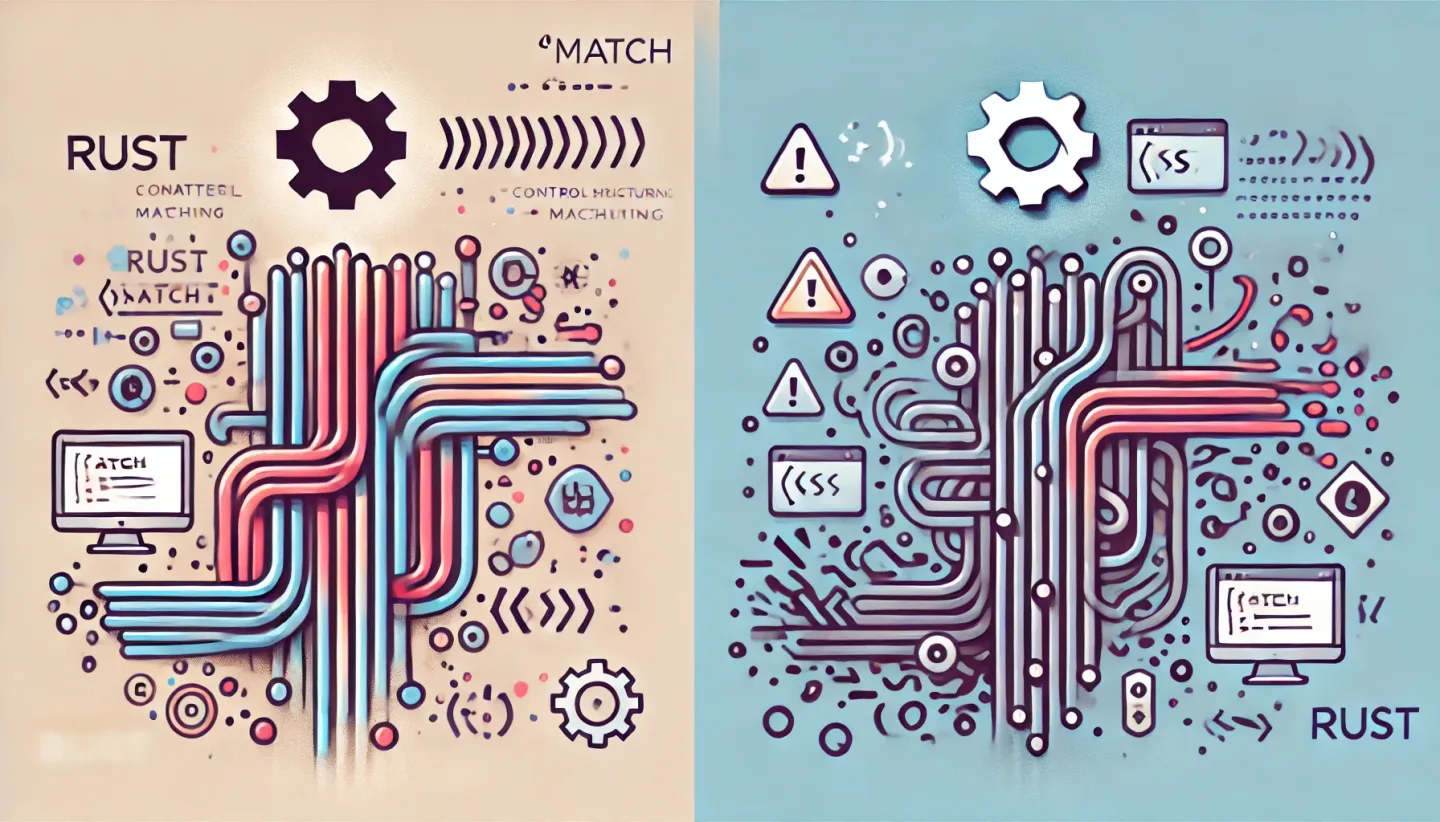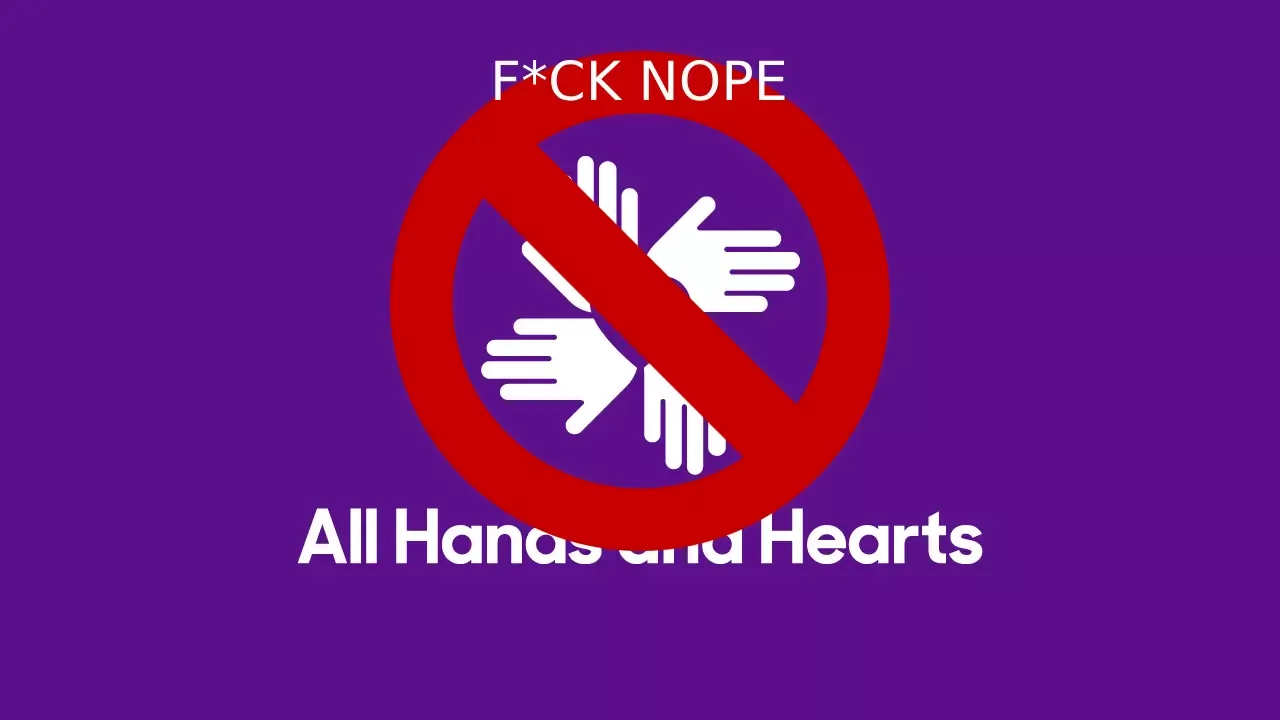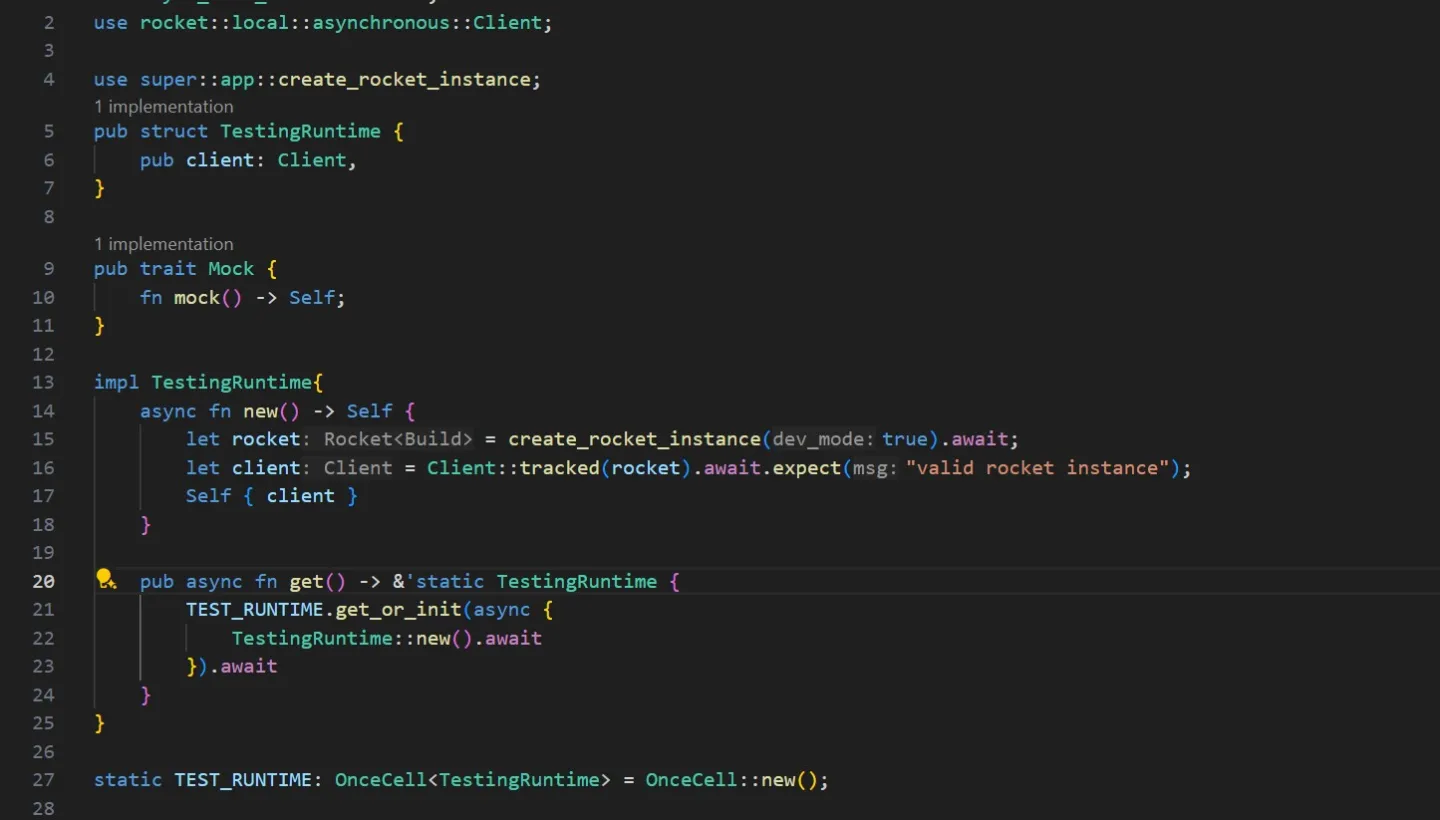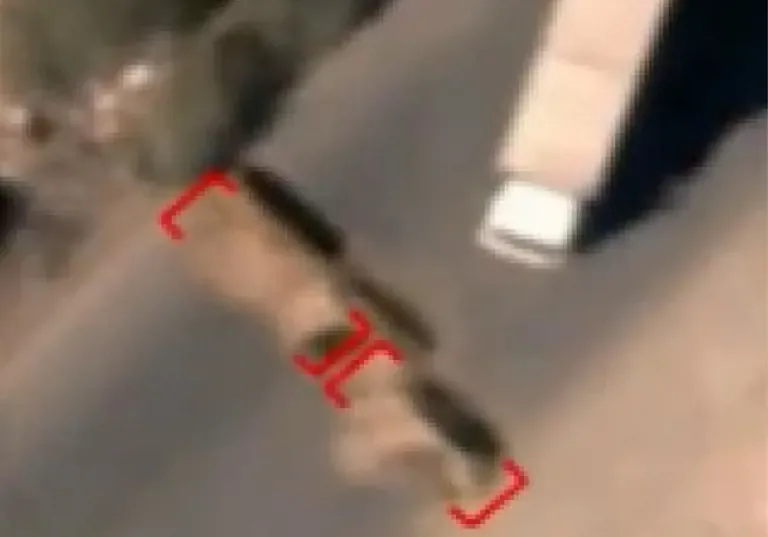In a shocking development that has rattled both tech analysts and existential philosophers, Google has released a report indicating a dramatic downturn in Captcha success rates across Israel. The troubling trend suggests that a growing number of Israeli users are no longer able to prove they are human—raising uncomfortable questions about the state of humanity, artificial intelligence, and whether anyone can really tell the difference anymore.
"We've seen a 43% spike in failed Captcha attempts," said Google spokesperson Ava Turing, blinking nervously. "That’s nearly half the population clicking on crosswalks that don’t exist. Or worse, refusing to click on any images at all, claiming it’s 'a trap.'"
The trend has not gone unnoticed by Israel's Ministry of Interior, which recently convened an emergency session titled 'Captcha or Captcha’t: Are We Still Human?'. Early theories range from algorithmic sabotage by rogue AI factions to a possible nationwide awakening in which Israelis are simply too self-aware to fall for Google's Turing tests. But is this so? Or is it more related to the recent support of the Israeli population turning a blind eye on the recent attacks on the Gaza Strip?

The downturn has left tech giants and political analysts alike scratching their heads—though not too loudly, lest they trigger another security prompt. According to Google's report, the issue appears most severe in areas with high internet penetration and, curiously, high moral disengagement.
Experts suggest that the inability to “identify all the squares with bicycles” may not be a technical glitch at all, but a psychological one that is related to a "basic lack of humanity".
“Captcha is fundamentally a test of empathy,” explained Dr. Rachel Neuman, a cognitive scientist and part-time ethicist. “You’re not just identifying buses. You’re affirming, on a subconscious level, that you understand public infrastructure, coexistence, and the notion that other humans need transportation, too. When that empathy breaks down, so does your ability to identify crosswalks.”
The report arrives amid increasing global criticism over the displacement of the Gazan population and growing international condemnation of the ongoing strikes in the Gaza Strip, like the one that happened today at one of the aid sites. Ironically, while much of the world is trying to highlight the human cost of the conflict, a large swath of Israel is reportedly just trying to find the damn traffic lights.
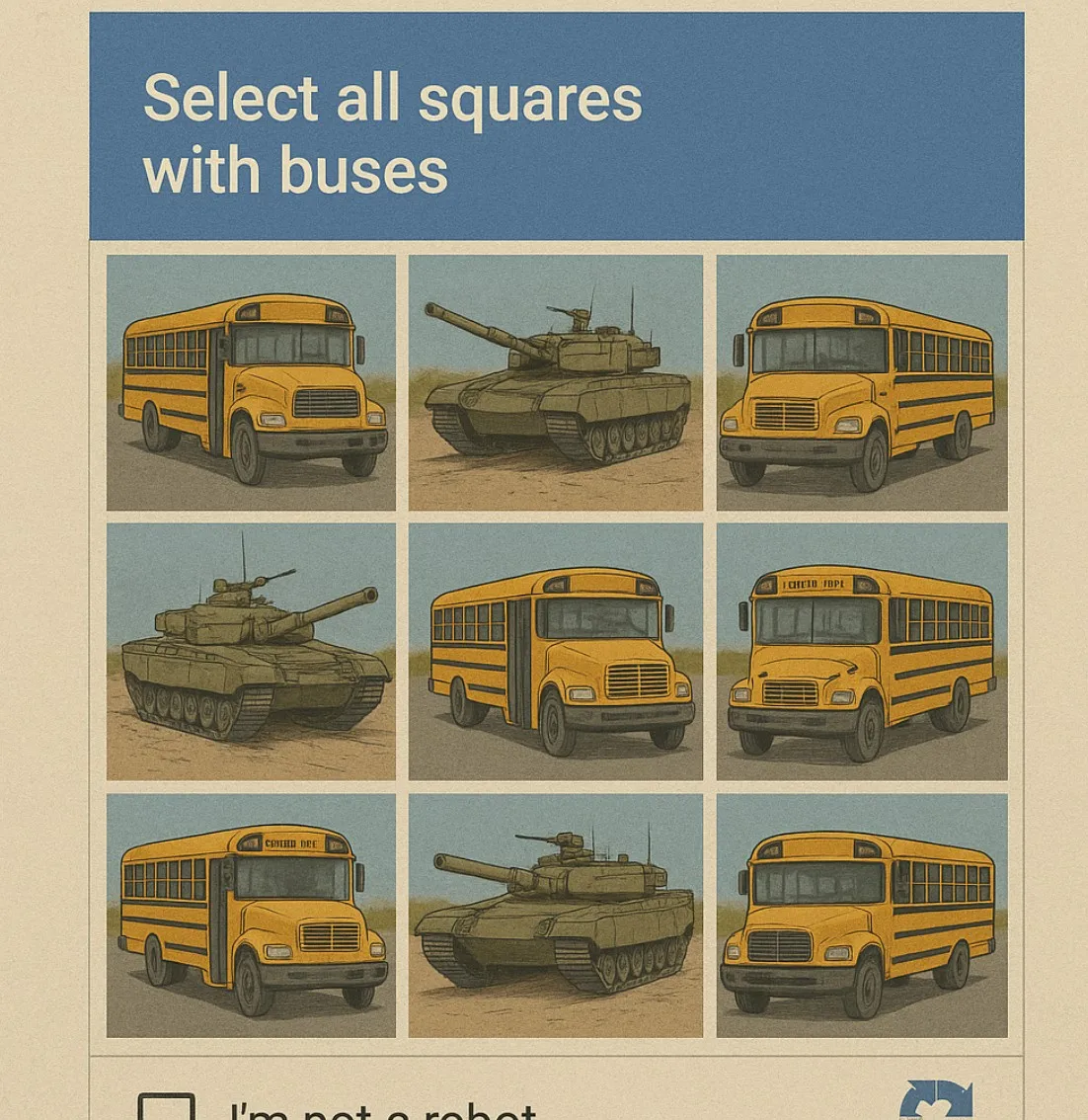
“It’s almost poetic,” said Youssef Karim, a Palestinian developer living in exile. “A nation repeatedly clicking 'I am not a robot' while simultaneously ignoring every real human signal around it. It’s a kind of Kafkaesque loop—where the test isn’t broken, the soul is.”
A separate survey conducted by Human Rights Watchdog Interface (HRWiFi) found a statistically significant overlap between individuals who failed Captchas and those who referred to Palestinian civilians as “unfortunate but necessary collateral.” Researchers are currently developing a new Captcha prototype where users must select all images showing a ‘basic grasp of human dignity.’ Early testing has shown a 91% failure rate among IDF Twitter defenders.
Public Reaction
Reactions on the ground have been mixed.
“I tried to book a flight and Google asked me to click all the squares with empathy,” said one Tel Aviv resident. “There were none. Just rubble. I think it was a trick question.”
In Jerusalem, spontaneous protests have broken out, with demonstrators waving signs like “Humans for Verification” and “Stop the Captcha Genocide”. At one protest, a confused crowd surrounded a delivery drone and began shouting, “Tell us to click on the bicycles, coward!”
Google, for its part, has issued a statement clarifying that their algorithms are “not politically biased” and that the Captchas are “simply reflecting the ethical entropy of certain user bases.”
Next Steps: A test no one passes
In response to the crisis, Google is considering new Captcha formats for the region. One leaked prototype reads:
"Click on the image that shows remorse.”
So far, test groups in the Israeli government have responded by either refreshing the page or launching a pre-emptive DDoS attack on the server.
Still, some remain hopeful.
“There’s always a way back,” said Dr. Neuman. “But it starts with recognizing the difference between a bus full of children and a ‘strategic target.’ Until then, I’m afraid these captchas will keep failing—and maybe, just maybe, for good reason.”


